
Full View
Παρόμοια είδη
Άρωμα μπάλας, άρωμα τριαντάφυλλου, φρέσκο άρωμα, κρατήστε το άρωμα μαζί σας, το σώμα είναι αναζωογονητικό και άνετο, φορητή μπάλα αρώματος
€23.97€32.95
Ταξινόμηση χρωμάτων : 50 ml

Ποσότητα :
Κανω ΑΝΑΦΟΡΑ
Συμπεριλάβετε παραβίαση πνευματικών δικαιωμάτωνΔωρεάν τυπική αποστολή. Δείτε λεπτομέρειες
Εκτιμάται μεταξύ Thu, Dec 18 και Thu, Dec 25
Μπορείτε να επιστρέψετε το προϊόν εντός 30 ημερών από την παραλαβή. Δείτε λεπτομέρειες
Ψωνίστε με σιγουριά
Εγγύηση επιστροφής χρημάτων
Πάρτε το προϊόν που παραγγείλατε ή τα χρήματά σας πίσω. Μάθετε περισσότερα
About this item
Προέρχεται από το WXC
Seller assumes all responsibility for this listing.Αριθμός αντικειμένου: 25698936
Item specifics
Item description from the seller
As an extension of personal taste and charm, perfume products have various selling points and can attract consumers with different needs. The following are some common selling points of perfume products:
Unique flavor: Each perfume has its own unique flavor combination, including top note (the first smell, such as fresh citrus, green leaves, etc.), middle note (the core flavor, such as floral, wood, ocean, etc.), and base note (the persistent base flavor, such as musk, amber, vanilla, etc.). These layered flavors can create unforgettable personalized flavor.
High quality raw materials: Emphasize the use of natural essential oils, plant extracts, or selected spices as raw materials to ensure the purity and durability of the aroma, while reducing the use of chemical components, making it safer and healthier.
Designer/brand stories: many perfume brands have deep historical and cultural background or creative inspiration from well-known designers. These stories and backgrounds add emotional value and collection significance to the products.
Occasion: perfume designed for different occasions (such as daily, workplace, dinner, dating, etc.) can help consumers show the most appropriate personal image in different situations.
Persistent fragrance retention: advanced fragrance retention technology is adopted to ensure that perfume can keep fragrance on the skin for a long time, without frequent re spraying, and improve the use experience.
Personalized customization: some high-end brands provide personalized customization services, and consumers can choose or deploy unique perfume formulations according to their own preferences and needs.
Packaging design: The exquisite packaging design not only protects the perfume itself, but also becomes a fashion accessory, which can show the user's taste and style.
Environmental protection concept: Some brands focus on environmental protection, using recyclable materials for packaging to reduce their impact on the environment and attract more and more consumers who value sustainable development.
Emotional connection: perfume is often associated with specific memories, emotions or characters, and becomes a medium of emotional expression, which can stimulate consumers' emotional resonance.
Gender and age positioning: perfume are designed for consumers of different genders and ages to meet diversified market demands. For example, male perfume emphasize masculinity and strength, while female perfume focus on femininity and elegance, while younger ones are more fresh and lively.

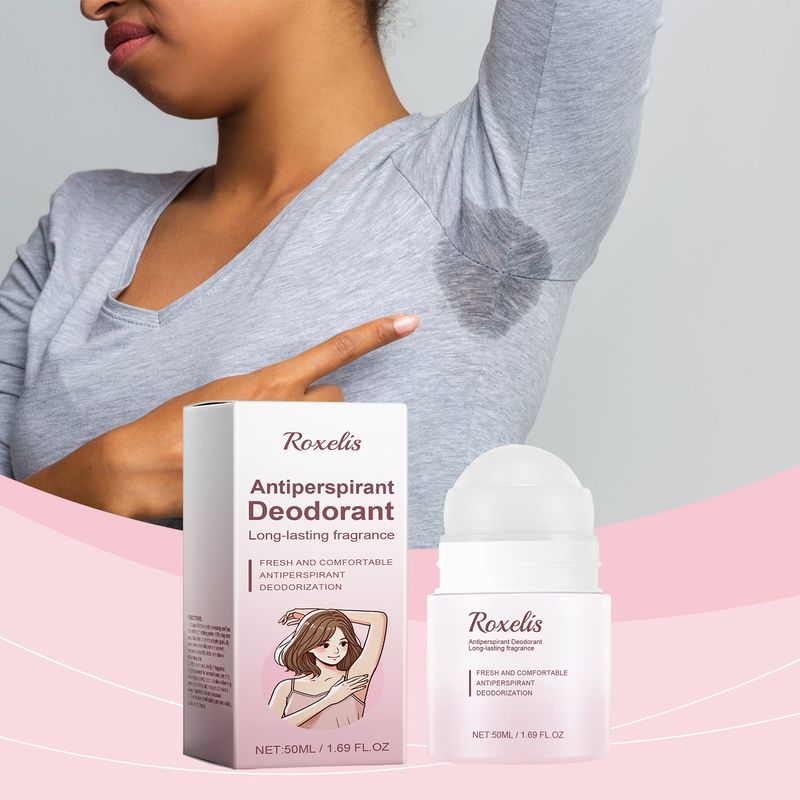
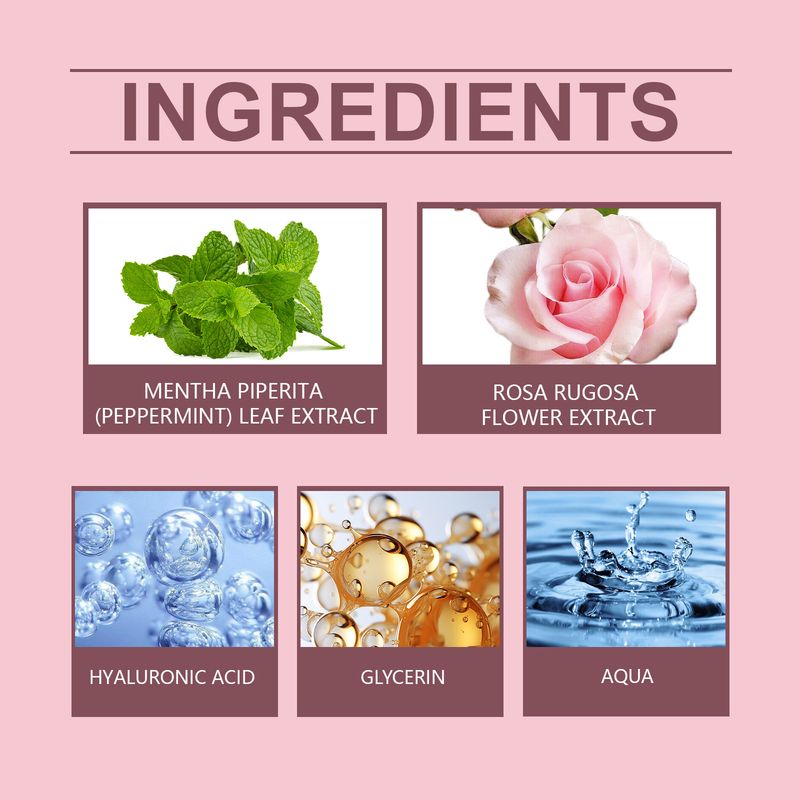
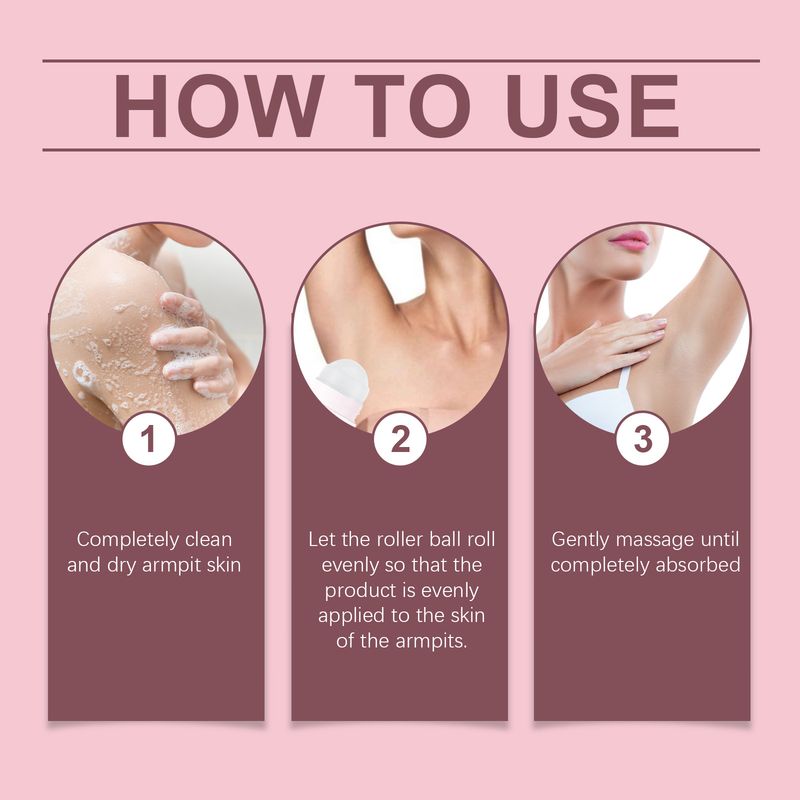
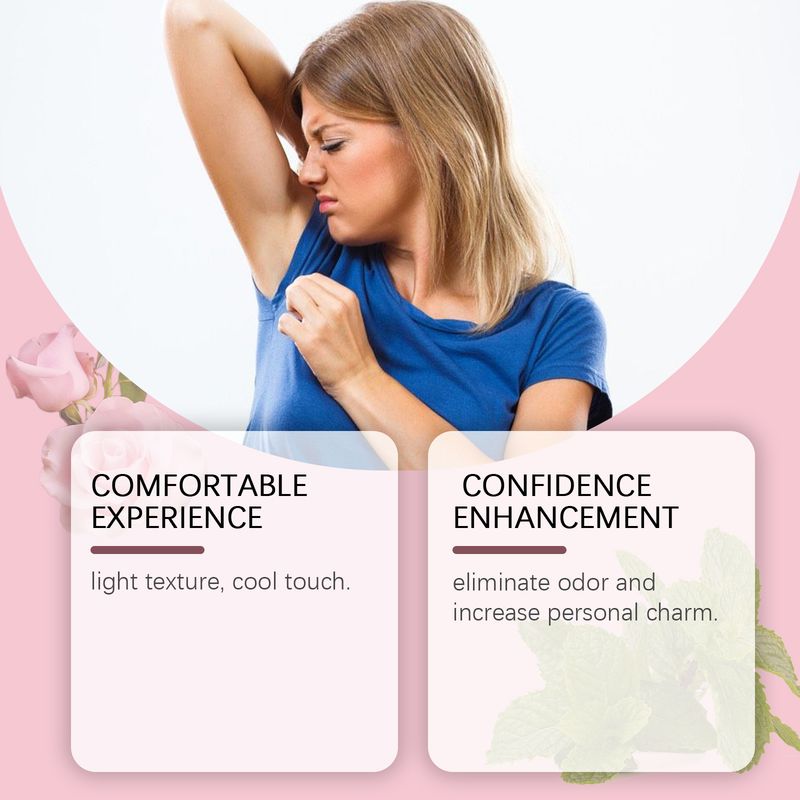

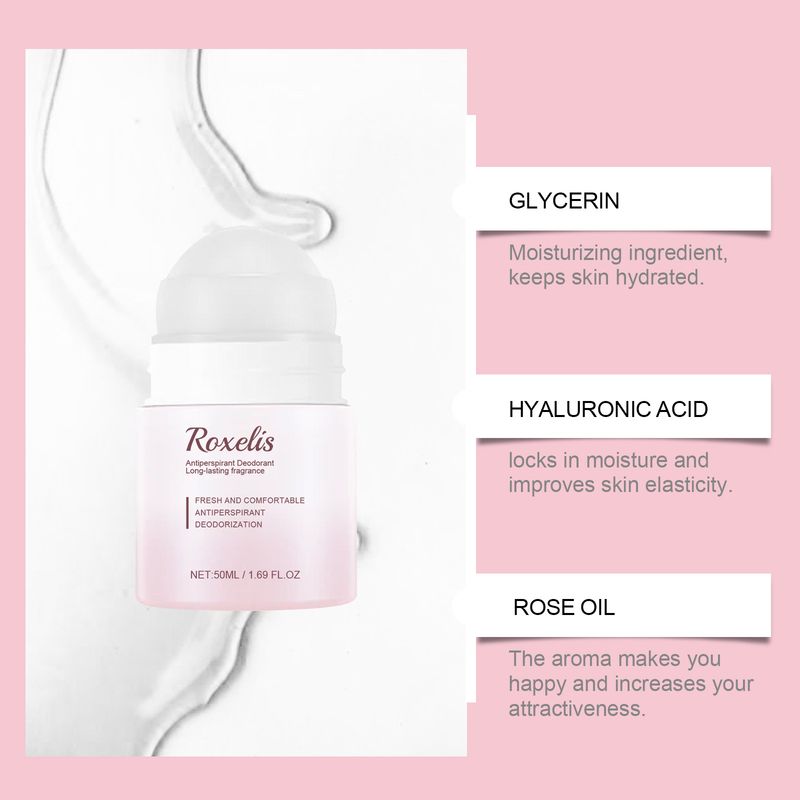
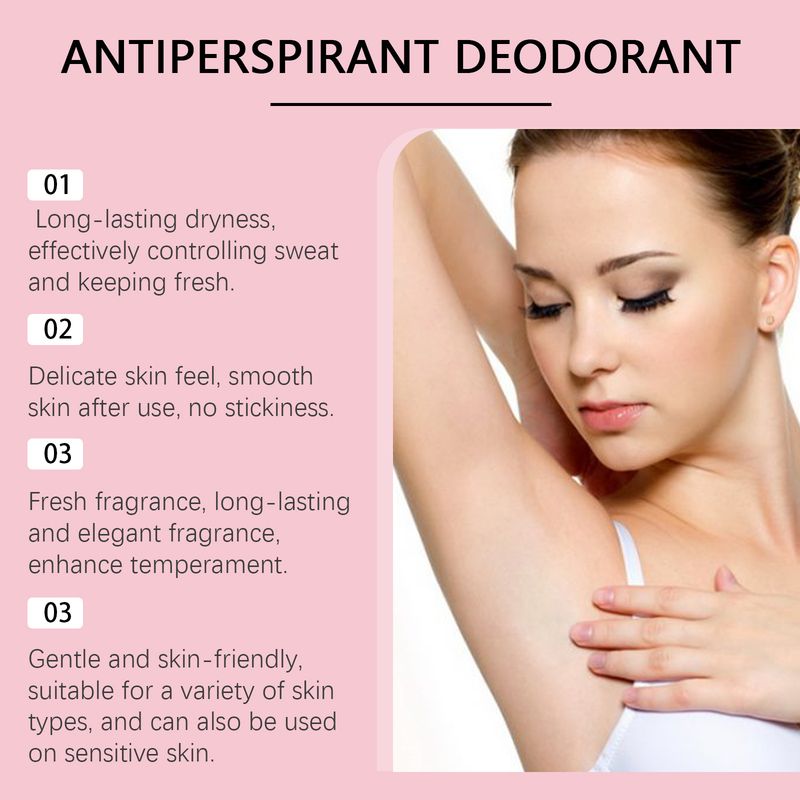
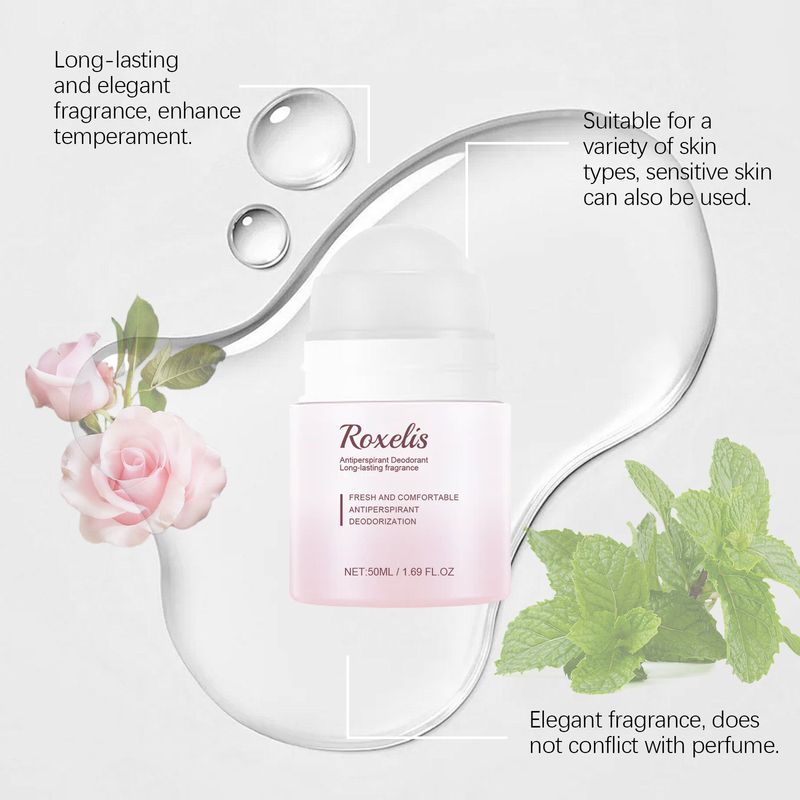
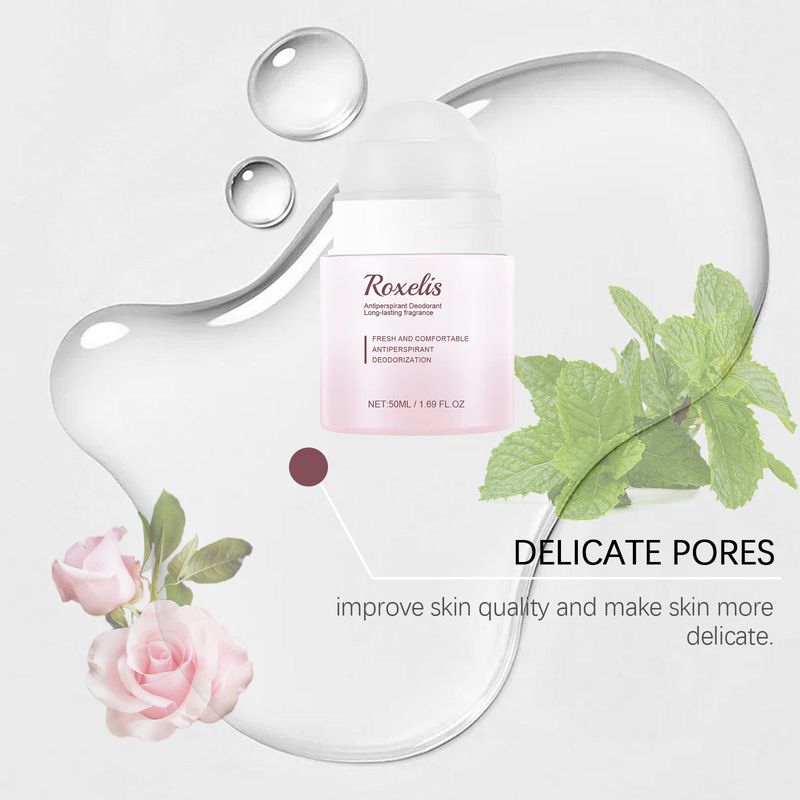








 4.4 από 5 με βάση 7,646 κριτικές
4.4 από 5 με βάση 7,646 κριτικές